Alternative Wirtschaftswissenschaftler haben Keen für seine grundlegenden Arbeiten zur Instabilität der Weltfinanzordnung und für seine frühen Warnungen vor der Subprime-Krise ausgezeichnet
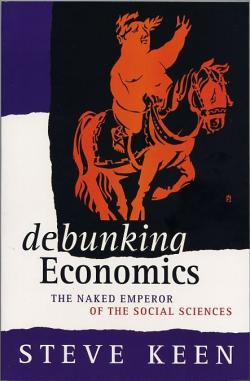
Steve Keen lehrt als Professor für Wirtschafts- und Finanzwissenschaften an der University of Western Sydney. Seit Mitte der 1990er Jahre legte er wiederholt theoretische und empirische Forschungsarbeiten vor, in denen er sich mit der Krisenanfälligkeit der existierenden Weltfinanzwirtschaft beschäftigte und gegen die Stabilitätsannahme bei freien Finanzmärkten argumentierte. 2005 warnte er vor einem unmittelbar bevorstehenden Zusammenbruch. Gleichzeitig startete er das Internetblog Debtdeflation, veröffentlichte seinen monatlich erscheinenden Informationsdienst DebtWatch Report und begann so seine Thesen in australischen und internationalen Medien zu verbreiten. Einer breiteren Öffentlichkeit wurde er durch sein populäres Buch "Debunking Economics. The Naked Emperor of the Social Sciences" bekannt, in dem er seine grundsätzliche Kritik am ökonomischen Mainstream formulierte und alternative wirtschaftswissenschaftliche Ansätze vorstellte.
Im von der Fachzeitschrift Real Word Economics Review (RWER) ausgeschriebenen Wettbewerb „Revere Award for Economics“ (Krugman, Roubini, Soros, Stiglitz ... setzte sich Keen klar gegen elf weitere Namen auf der Vorschlagsliste durch. Bei insgesamt mehr als 2.500 Personen, die sich an dem Online-Voting beteiligten, erhielt er von fast jedem zweiten eine Stimme. Auf Platz 2 folgte mit deutlichen Abstand der US-amerikanische Volkswirt Nouriel Roubini und auf Platz 3 Dean Baker vom Center for Economic and Policy Research, einem linksliberalen Thinktank in den USA. Abgeschlagen blieben bekanntere Wirtschaftswissenschaftler wie Joseph Stiglitz, Paul Krugman oder George Soros.
tp news politik und wirtschaft
Den Links zu folgen ist empfehlenswert, wenn man dem neoliberalen Irrsinn entkommen will (der ja auch die Politik-Wirtschaft-Schulbücher durchzieht - vgl.
Wirtschaft in die Schule?! Ökonomische Bildung als politisches Projekt von Reinhold Hedtke). So können Sie z.B. die real-world economics review kostenlos abonnieren (als .pdf -
hier) und, wenn Sie in der aktuellen Ausgabe Steve Keens lesenswerten Artikel
Declaring victory at half time (S.54) gefunden haben, einem Link folgen auf
News from 1930 - Being a daily summary based upon my reading of the Wall Street Journal from the corresponding day in 1930, was sehr erhellend sein kann. Oder Sie nehmen sich in Ruhe den
Real-World Economics Review Blog vor und finden z.B. dies:
Economics Representations
from
David RuccioAn example I often use at the start of my introductory economics courses is a “man sitting on a street corner, with no job.” I ask the students to tell a story about the man: who he is, and why he has no job. As readers can imagine, they tell a wide variety of stories—imagining different ages and races, and different reasons why he has no (apparent) job. He’s alternately black, white, and hispanic; he’s young, old, and middle-aged; he either doesn’t have a job or he’s doing something illegal; and, if he doesn’t have a job, it’s because he’s lazy, uneducated, or the economy isn’t supplying enough decent jobs at decent wages.
What I teach them is, first, different stories have different consequences, and, second, economics comprises many different stories—about that man and the economy more generally.
What I call different “representations”
Daniel Little refers to as different “mental models for the social world.”
Each person is exposed to a dense stream of experiences of the social world, at various levels. We have ordinary interactions — with friends, bus drivers, postal carriers, students — and we want to interpret the behavior that we observe. We read news reports and tweets about happenings in the wider world — riots in Athens, suicide attacks in Pakistan, business statements about future sales, … — and we want to know what these moments mean, how they hang together, and what might have caused them. In short, we need to have a set of mental resources that permit us to organize these experiences into a representation of a coherent social reality.
Exactly. Different people construct different representations of what they see and hear. Little’s conclusion is that there is no single ontology underlying all the different stories that can be told, and our stories are always changing.
Rather, there are likely to be multiple starting points, all of which can result in a satisfactory account of the social world. So there is no transcendental metaphysics for the social world. . .
our social cognitions are always a work in progress, and our conceptual frameworks are more like a paradigm than an ineluctable conceptual foundation.
In my case, I ask the students to consider the existence of the different economic theories they use to make sense of instances like the unemployed “man sitting on the street corner,” what the different consequences of those different theories are, and where those different theories come from.
Then, we can settle into discussing the hegemonic economic theory in the world today—neoclassical economics—and some of the main criticisms of and alternatives to that theory. That’s a way of teaching economics without presuming a single, unchangeable social ontology, which also demonstrates that social ontologies matter.
Ein wie ich finde
vielversprechender politikdidaktischer Ansatz, der auf der Entwicklung sozialer Kognition basiert und ökonomische Theorie dort verortet, wo sie hingehört und wo sie sich der Frage zu stellen hat, ob sie Weltaufschluss und Zuwachs an Handlungsfähigkeit des Individuums befördert (
Holzkamp), - statt
TINA auswendig lernen zu lassen (s. o. Hedtke)!
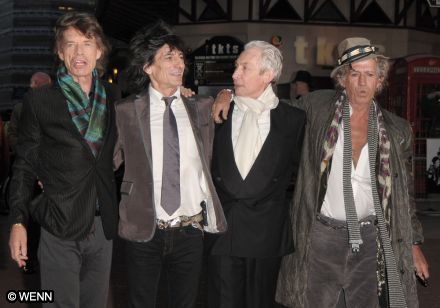








































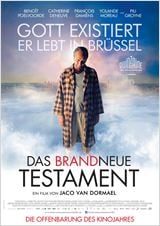











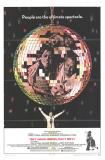







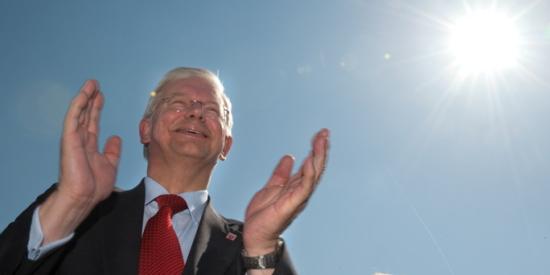

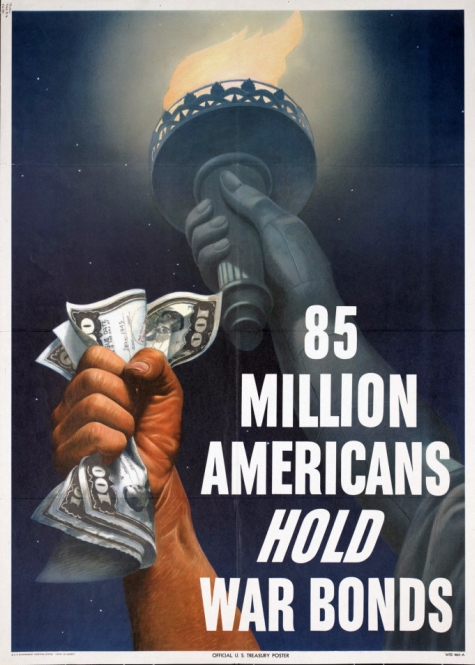
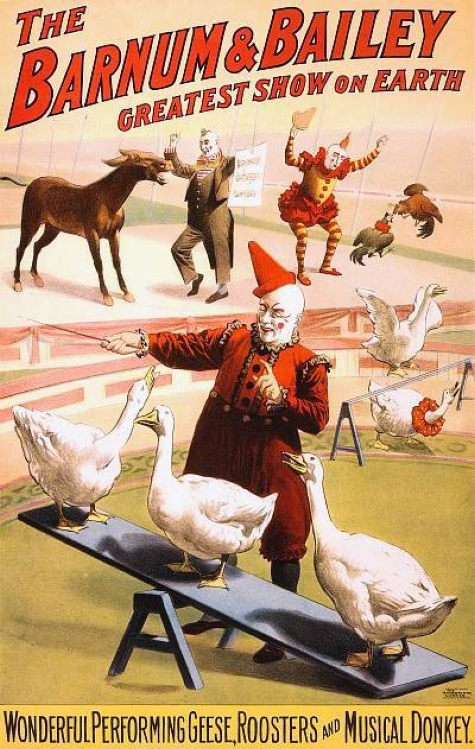








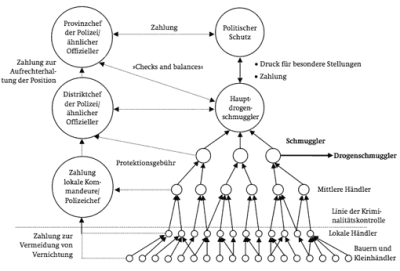

 Narrated by Colin Friels and produced by Chris Hilton, Afghanistan: Drugs, Guns and Money asks these difficult questions by following the journey of this years opium crops, tracing the drug trafficking routes heading north from Afghanistan through the nations of the Old Silk Road on its way to Europe.
Narrated by Colin Friels and produced by Chris Hilton, Afghanistan: Drugs, Guns and Money asks these difficult questions by following the journey of this years opium crops, tracing the drug trafficking routes heading north from Afghanistan through the nations of the Old Silk Road on its way to Europe.